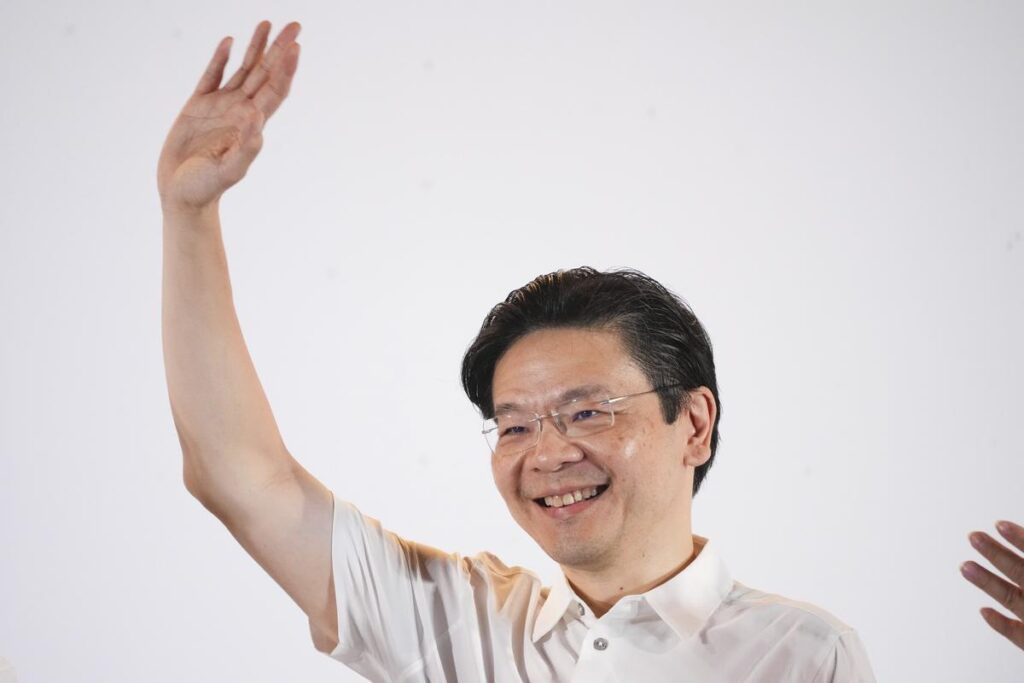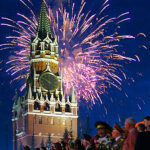By Dr Imran Khalid
Singapore’s ruling People’s Action Party (PAP) has once again proved that in times of uncertainty, the electorate prefers the comfort of continuity over the seduction of change. With 65.57% of the national vote in the May 3 general election, Prime Minister Lawrence Wong has emerged not just with a victory but with a historic reversal of a long-standing electoral trend: every new prime minister before him had seen a dip in PAP’s vote share at their first test. Wong, however, has turned that tide – and decisively so.
This landslide win, delivering 87 of 97 parliamentary seats, extends PAP’s uninterrupted hold on power since 1959. But beneath the sheen of electoral dominance lies a more complicated narrative. Wong’s triumph – however broad-based and convincing – sets the stage for a formidable political balancing act in a rapidly evolving domestic and international environment.
First, the context. When Singapore last went to the polls in 2020, the world was in the grip of a novel pandemic. The decision to press ahead with elections under those conditions drew ire from segments of the population. While PAP still secured power, its performance dipped, dented by perceptions of governmental heavy-handedness and a fatigue with its enduring monopoly over the political landscape.
Fast-forward to 2025, and the equation has shifted. Global uncertainties – this time driven by an escalating trade war, growing inflationary pressures, and military conflicts with global implications – have once again put Singapore’s resilience to the test. And this time, the electorate didn’t blink. Instead, they responded with what can best be described as a collective “flight to safety,” entrusting their future to familiar hands.
Lawrence Wong’s appeal lies partly in his persona – pragmatic and technocratically grounded – and partly in his pitch: stability in a world where predictability has become a rare commodity. His message resonated: Singapore needed not just new leadership, but mature, experienced hands capable of navigating the shoals of a hostile geopolitical environment and an increasingly volatile global economy.
PAP’s electoral strategy also played a key role. It took calculated risks – most notably the reshuffling of senior leaders like Deputy Prime Minister Gan Kim Yong into new constituencies. While such moves risked appearing opportunistic or manipulative, the party worked hard to frame them as efforts to preserve experience where it was most needed. Their message found traction. Voters, wary of disruption, opted for security.
In contrast, the opposition – especially the Workers’ Party (WP) – appeared hesitant and insular. Despite fielding charismatic, competent candidates, WP chose not to expand its reach beyond its established Aljunied base. That caution cost them dearly. The argument for checks and balances, once a compelling rallying cry, now seems to require more than symbolic appeals. The electorate appears to be saying: offer substance, not slogans.
While Wong’s position is now fortified, it comes with high expectations and equally high stakes. The electoral win is both a reward and a burden. For many Singaporeans, the vote wasn’t just an affirmation of past performance – it was a conditional trust placed in the future. And that future is bristling with challenges.
Top of the domestic agenda: cost of living and housing. In one of the world’s most expensive cities, inflation and wage stagnation are eroding quality of life. Housing shortages, long a source of public discontent, continue to strain the social contract. These issues are no longer abstract economic problems – they are visceral, lived experiences for millions. Wong cannot afford to defer meaningful solutions. The electorate may be patient, but patience in Singapore has limits.
There’s also the looming spectre of external economic shocks. As a trade-dependent city-state, Singapore is acutely vulnerable to protectionist currents sweeping through global commerce. U.S. tariffs, the fracturing of global supply chains, and intensifying U.S.-China rivalry could all destabilize Singapore’s economic footing. Wong will need to pivot nimbly – deepening regional alliances, diversifying trade partners, and rethinking economic resilience not just as policy, but as existential necessity.
Politically, Wong’s greatest test may come from within. The PAP’s dominance has long bred a sense of inevitability, and with it, complacency. The electorate’s risk aversion may have handed the PAP another term, but it did not confer carte blanche. In fact, the scale of victory paradoxically raises the pressure: with such a strong mandate, excuses for inaction or inertia will wear thin quickly.
Moreover, younger Singaporeans – digital natives raised on global discourse and democratic pluralism – are not likely to remain politically deferential forever. Their desire for diverse voices and more robust political engagement cannot be indefinitely ignored. Wong will have to carve out space for dialogue, for dissent, and for evolution – without undermining PAP’s core promise of efficiency and order.
To manage this new phase, Wong must resist the temptation to rest on laurels. The PAP may have won 14 elections in a row, but the 15th will require different tactics. If Wong is serious about renewal, it’s not just about grooming the next generation of leaders – it’s about reimagining how the party relates to the people it serves.
First, transparency and communication must improve. The old paternalistic model of governance – tell, don’t ask – is ill-suited to a society that is more educated, informed, and expressive than ever before. Wong’s leadership style so far suggests a willingness to listen; that must now translate into meaningful policy dialogues and participatory governance.
Second, institutional reform should no longer be off the table. The dominance of one party for more than six decades raises valid questions about checks and balances. Wong should consider measures – even symbolic ones – that create more space for civil society, for independent institutions, and for alternative voices within the national discourse.
Third, the PAP must develop a coherent long-term narrative that extends beyond economic stewardship. Singapore’s next chapter will require grappling with identity, inequality, aging demographics, and climate vulnerabilities. These are not issues that can be managed with technocratic skill alone – they demand a compelling moral vision, one that speaks to the soul of the nation.
Lawrence Wong has defied electoral gravity and emerged with a ringing mandate. But as history often reminds us, the magnitude of victory often mirrors the magnitude of future responsibility. If the PAP wants to remain not just dominant, but relevant and legitimate, it must adapt – not just administratively, but politically and philosophically.
Wong now stands at a pivotal crossroads. He can choose to preserve the status quo and risk slow erosion in public trust, or he can use this historic mandate to usher in a more inclusive, responsive, and dynamic political future. The voters have spoken. The real test of leadership begins now. (IPA Service)
By arrangement with the Arabian Post

 Observing May 9 As The Day Of Victory Over Fascism Has Become More Relevant In 2025
Observing May 9 As The Day Of Victory Over Fascism Has Become More Relevant In 2025 